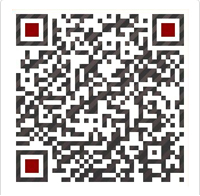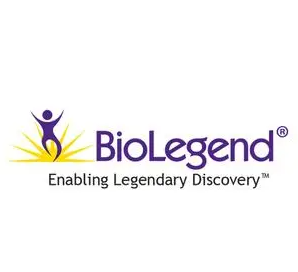Product Details
- Verified Reactivity
- Human
- Antibody Type
- Monoclonal
- Host Species
- Mouse
- Immunogen
- Partial TCF1 recombinant protein (116-334 aa)
- Formulation
- This antibody is provided in phosphate-buffered solution, pH 7.2, containing 0.09% sodium azide.
- Preparation
- Affinity purified
- Concentration
- 0.5 mg/ml
- Storage & Handling
- Upon receipt, store undiluted between 2°C and 8°C.
- Application
-
WB - Quality tested
ICC, IHC-P - Verified - Recommended Usage
Each lot of this antibody is quality control tested by Western blotting. For Western blotting, the suggested use of this reagent is 0.1 - 0.5 ?g per mL. For immunocytochemmistry microscopy, a concentration range of 1-5 ?g/mL?is recommended. For immunohistochemistry on formalin-fixed paraffin-embedded tissue sections, a concentration range of 1?- 10??g/mL is suggested. It is recommended that the reagent be titrated for optimal performance for each application.
- Product Citations
-
- RRID
- AB_2562103 (BioLegend Cat. No. 655202)
Antigen Details
- Structure
- 384 amino acids, predicted molecular weight of 42 kD. Contains a HMG box DNA binding domain and a CTNNB1 (β-catenin) binding domain.
- Distribution
-
Nucleus
- Function
- TCF1 is a transcription factor, involved in the canonical Wingless/Integration 1 (Wnt) signaling pathway. TCF1 is essential for survival of CD4+CD8+ double positive thymocytes and differentiation of T cells in the periphery.
- Interaction
- TCF1 interacts with CTNNB1, TLE1, TLE2, TLE3, TLE4, and AES.
- Cell Type
- Tregs
- Biology Area
- Cell Biology, Immunology, Transcription Factors
- Molecular Family
- Nuclear Markers, TCRs
- Antigen References
-
1. Mao CD, et al. 2011. Crit. Rev. Eukaryot. Gene Expr. 21:207.
2. Germar K, et al. 2011. P. Natl. Acad. Sci. USA 108:20060.
3. Wang R, et al. 2011. J. Immunol. 187:5964.
4. Weber BN, et al. 2011. Nature 476:63.
5. Jeannet G, et al. 2010. P. Natl. Acad. Sci. USA 107:9777.
6. Staal FJ, et al. 1999. Int. Immunol. 11:317. - Gene ID
- 6932 View all products for this Gene ID
- UniProt
- View information about TCF1 on UniProt.org








